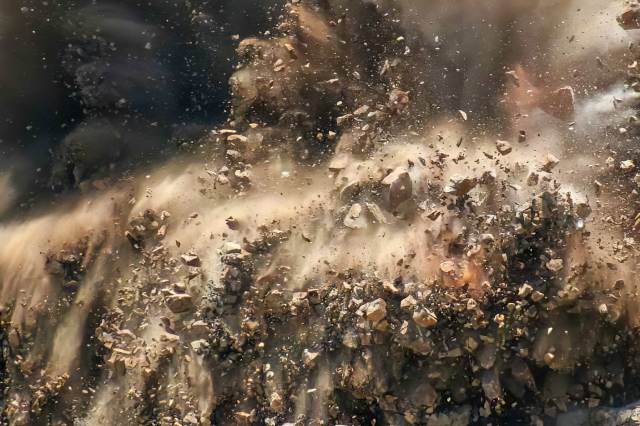Former lawyer and investment banker Stuart Palmer has spent decades investigating what it means to live an ethical life, but he still struggles with the many complex questions in our society.
These are the very same questions we face every day – whether consciously or not – in choosing everything from the goods we consume to the services we use and how we behave towards others.
“Ethics is about making good choices,” Dr Palmer says. “Considered choices, choices which are aligned with the things that really matter to you. It is about properly thinking through the decisions we face, so we can work out what the right decisions are.”
Dr Palmer, whose PhD is in ‘philosophy of the mind’, first studied ethics as an undergraduate before his law career. He says he became interested in using ethics as a way to understand what’s important in life and with that to create a better future.
Today, he is Head of Ethics Research at Australian Ethical Investment – a superannuation and investment company that invests according to 23 ethical principles. He says, wryly, that the challenge of using ethics to create a fairer world has been a longer and tougher one than he first expected.
In his role, Dr Palmer investigates the impacts of different companies’ products, services and operations on people, animals and the environment and ensures any investments align with the fund’s ethical charter.
He says if we want to live better lives in a better world, we need to make conscious choices based on a thorough investigation of the facts, about ourselves and the world.
With so much ethical and factual complexity in the modern world, Dr Palmer stresses it is essential to challenge our assumptions and seek out different sources of information, as well as different perspectives on that information.
We need to have constructive conversations with people who know things we don’t, and with people we disagree with.
Working against this, however, is a tendency towards “tribalism”, which means we often fiercely defend shared opinions rather than investigating issues with an open mind and engaging in complex debate.
Climate change tribalism is one clear example, he says, with similar challenges facing the discussion of issues like refugees and migration, marriage equality, and inequality and discrimination more generally.
“There are different policy approaches we can take (on climate change). But that’s not the roadblock. Tribalism is standing in the way of an honest discussion of the urgent action needed, like a price on carbon to accelerate the transition from fossil fuels to renewables.
“People resist and embrace change to different degrees, but our capacity to change is part of our humanity, and change is going to be essential to meet the massive social and environmental challenges we face.”
Another interesting question is how consistent our ethics are in different situations. Dr Palmer cites renowned philosopher Peter Singer’s example of how we would not hesitate to ruin a $500 suit to save a drowning child in front of us but may not donate this same amount to life-saving charities overseas.
“It’s important to understand what’s going on here, so that we make sure we use ethics not just to have some interesting debates but to actually make ourselves and our societies better.”
One powerful force for change is the market – for goods, services and capital – and it is important to help steer this to the positive, Dr Palmer says.
“When I invest ethically I take into account the way my money affects the world, as well as the financial returns and security I can achieve from it.
“As an ethical investor I think about impacts on the planet, people and animals, as well as investment returns. This doesn’t mean I need to trade them off. Thinking about the sustainability of a business, about the positive and negative impacts of a business, is going to help me value a company, taking into account all its risks and opportunities.”
We contribute capital to positive sectors like healthcare and renewable energy, and deny capital to negative sectors like fossil fuels and negative companies like those which exploit their staff or communities.
But he rarely finds perfect companies, so investments are often driven by an assessment that a business is on balance a “force for good”. He then looks for opportunities to use the fund’s influence to maximise this good and minimise any harm.
“We use our influence as a shareholder to encourage more sustainable corporate behaviour and we participate in public debate to influence government and business.”
His key tip is “keep an open mind as you decide what change you really want to see; and don’t forget that to create that change, you’ll need to be part of it”.
For the 23 principles in the fund’s ethical charter, the companies it invests in and stance on specific issues go to Australian Ethical.
This article originally appeared on The Guardian Australia’s website.



